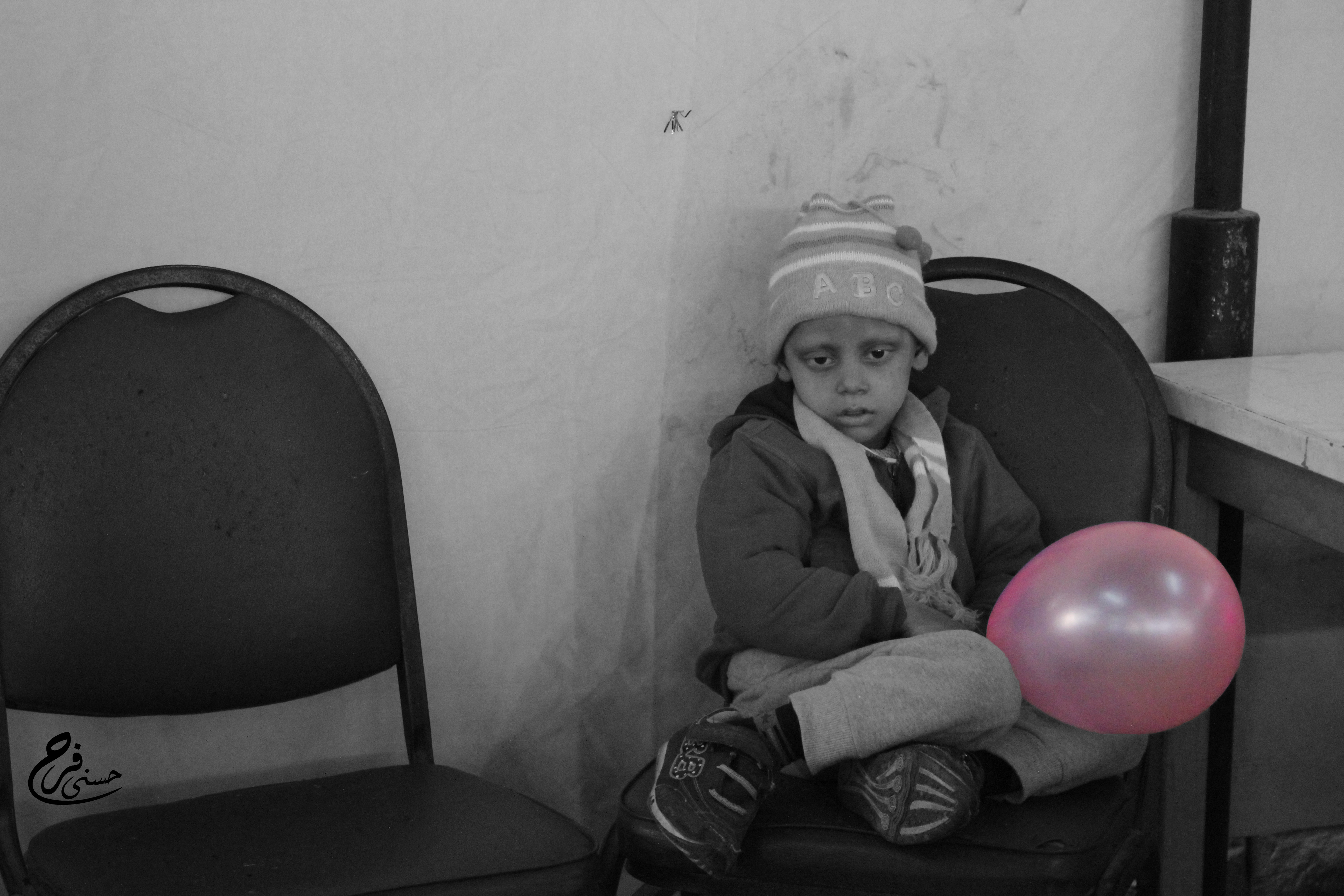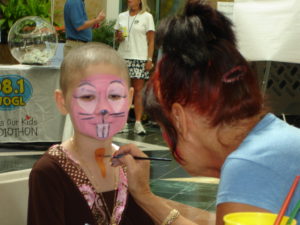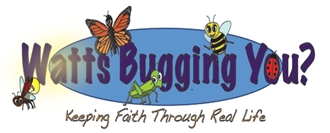 As an Oncology volunteer for 10+ years, the number one thing kids say is – “I just want to be me again. I want to be a normal kid.” What families find other than shock and fear when told their child has a terminal illness is life has handed over a new set of norms. Without asking, families overnight must deal with life changing events, new labels, and a new set of stigmas. Any family who has lived a cancer diagnosis knows perfectly how it feels to be in the calm before the storm.
As an Oncology volunteer for 10+ years, the number one thing kids say is – “I just want to be me again. I want to be a normal kid.” What families find other than shock and fear when told their child has a terminal illness is life has handed over a new set of norms. Without asking, families overnight must deal with life changing events, new labels, and a new set of stigmas. Any family who has lived a cancer diagnosis knows perfectly how it feels to be in the calm before the storm.
You hear stories such as I was bringing my child to the doctor with a bump, bruises, nausea, new aches, and pains. I was bringing my child to be diagnosed with a broken bone or the flu. I wasn’t bringing my child to be diagnosed with cancer or to be swollen with steroids, mouth sores, or to lose hair. I wasn’t bringing my child to be stared at on the streets or constantly told I am sorry.
Now put yourself in these family’s shoes. You enter the doctor’s office with a child who scored the winning goal a few months ago or a child who is skipping down the hall. Then you leave the office and all anyone can see or talk about is your sick child. This is a real scenario for many families. So what do you do as a parent, educator, or care taker when your child or a child you know encounters a child with a terminally ill diagnosis:

1) Don’t get angry at a child’s initial reaction – Cancer or any terminal illness is difficult for adults let alone children. As a children’s volunteer – staring, laughter, fear, and shock are not the reactions we hope for, but are normal. Unfortunately, we live in a society where difference is seen as bad and we hide from what is uncomfortable. As a care-taker, your job is to help your child understand being sick is not a choice. Teach your child to understand the world has many differences and to wave instead of stare, smile instead of look away, be kind instead of hurtful, and to ask questions to those she knows.
2) Provide children teachable moments. I personally remember when my daughter was 4 years old and we were in the middle of furniture shopping when we saw a little girl who had lost her hair. Suddenly, my daughter stared and said, “Mommy, why doesn’t she have hair?” I quickly explained the little girl was really sick and the medicine she took to fight her sickness caused her to lose her hair. Unfortunately, other families hid or ran away. Instead of modelling acceptance and showing it’s ok to ask questions, these families taught fear and rejection.
3) Promote Positivity. Children love to talk about what’s new and what’s fun. Coach your child when talking or playing with a terminally ill child to discuss games, toys, and fun activities not the sickness. Yes, the child may have a terminal illness, but the illness should not define the child. Other advice is a terminally ill child is not contagious, so, don’t practice avoidance. Children don’t want to be sick. They want to be accepted.
4) Remain Informed. When you hear Cancer or other terminal illnesses, most people conjure up the worst case scenario instead of considering the best case scenario. For instance, many types of Cancer now have a better survival rate then they have had in the past. If you have questions, do your research. Talk to a nurse or doctor. At school or with siblings, it’s good to discuss the situation as early as possible and to allow children to express themselves. Remember the theme is integration vs. segregation. Don’t assume the child won’t be well again. Consider speakers and books as good resources to help draw the full picture.
5) Be Real. Don’t skirt around questions from a sick or curious child. If you don’t have answers, find the answers but don’t avoid answering questions. Children know when you’re hiding something. Also, don’t act different. Be yourself. If you laugh often, keep laughing. Do what’s normal including insisting the sick child keeps their routine (eg. completing school work). Give your healthy children the same advice.
Overall, remember a terminally ill child is a child. The only thing changed is they now have a sickness they didn’t have before. By experience, if you want to give a family with a sick child a gift – mow their lawn, clean their house, share awareness, and help provide a sense of normalcy.





